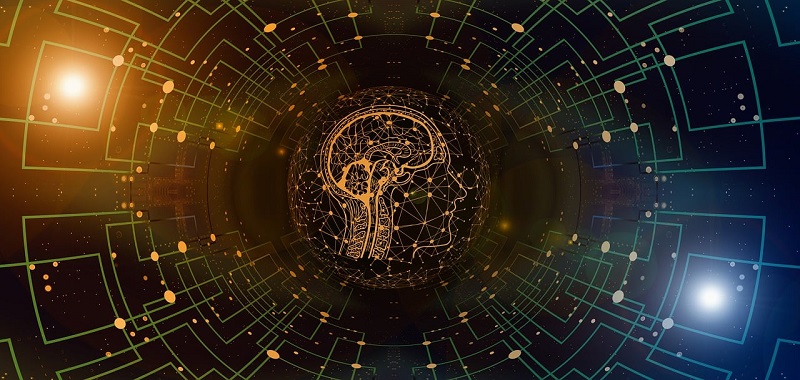In recent years, there has been a lot of buzz surrounding the integration of artificial intelligence (AI) and blockchain technology. Both of these cutting-edge technologies have the potential to change the world as we know it, and when used together, they can provide even greater benefits. Blockchain technology is a decentralized and secure way of storing and transferring data, while AI technology can analyze vast amounts of data to provide valuable insights and automation. In this article, we will explore the many ways in which AI can enhance blockchain technology and how this combination has the potential to revolutionize many industries.
Applications of AI in Blockchain Technology
One way in which AI can enhance blockchain technology is by improving the efficiency of transactions. AI can be used to automate the verification process of transactions, reducing the time and resources required. Additionally, AI can be used to detect fraudulent behavior on blockchain networks, increasing security and trust. Another application of AI in blockchain is in the area of smart contracts. Smart contracts are computer programs that automatically execute the terms of a contract, and AI can be used to analyze the terms of the contract to ensure that they are being followed. This can increase transparency and reduce the need for intermediaries.
AI in Fetch.ai’s Web3 Tooling
Fetch.ai is a blockchain project that uses AI technology to enhance its Web3 tooling, which refers to the next generation of the internet with decentralized applications running on blockchain technology. Fetch.ai creates autonomous agents through AI that can interact with the decentralized web. These agents can be programmed to buy and sell goods on a decentralized marketplace without human intervention.
AI can enhance blockchain technology
Another area where AI can enhance blockchain technology is in the area of text input transactions. Currently, users need to have technical knowledge to interact with blockchain networks, but in the future, the aim is for users to be able to transact via text input. This means that users could give a verbal command to “send eighty dollars to John,” and the transaction would be executed. Language models like ChatGPT can be used to understand and interpret the input, which can then be used to execute a response.
Autonomous Systems on Decentralized Networks
One of the most exciting possibilities of combining AI and blockchain is the development of autonomous systems that can operate on decentralized networks. These systems could serve various purposes, such as self-driving cars that operate on a decentralized network or drones that deliver packages without the need for a central authority. These systems could provide higher efficiency, security, and transparency than traditional centralized systems.
Combined Use of AI and Blockchain
The combination of AI and blockchain could usher in a new era of autonomous, decentralized systems that enable greater efficiency, security, and transparency in a wide range of industries. For example, supply chain management could be improved by using blockchain technology to track the movement of goods, while AI could be employed to optimize the process. Healthcare could be transformed by using blockchain technology to securely store patient data, while AI could be utilized to analyze the data to improve patient outcomes.
AI-powered analytics tools on blockchain networks
Another exciting possibility for AI and blockchain is the use of AI-powered analytics tools that operate on blockchain networks. These tools could be used to analyze vast amounts of data on the blockchain, providing valuable insights into trends and patterns. For example, analytics tools could be used to track the movement of funds on the blockchain to detect money laundering or other illegal activities.
Threats to Platforms Utilizing AI and Blockchain
While the benefits of combining AI and blockchain technology are numerous, there are also threats that must be considered. The biggest threat to platforms utilizing both AI and blockchain technology is hackers. Although blockchain is often touted as being secure, it is not completely immune to attacks. Hackers could use AI to launch sophisticated attacks on blockchain networks, and so security must be a top priority.
In conclusion, the combination of AI and blockchain technology has the potential to revolutionize many industries. The development of autonomous systems that operate on decentralized networks, AI-powered analytics tools, and the ability to transact via text input are just a few of the many possibilities. While there are concerns that need to be addressed, the future of communications with AI and blockchain is exciting. We can look forward to a world that is more efficient, secure, and transparent.

